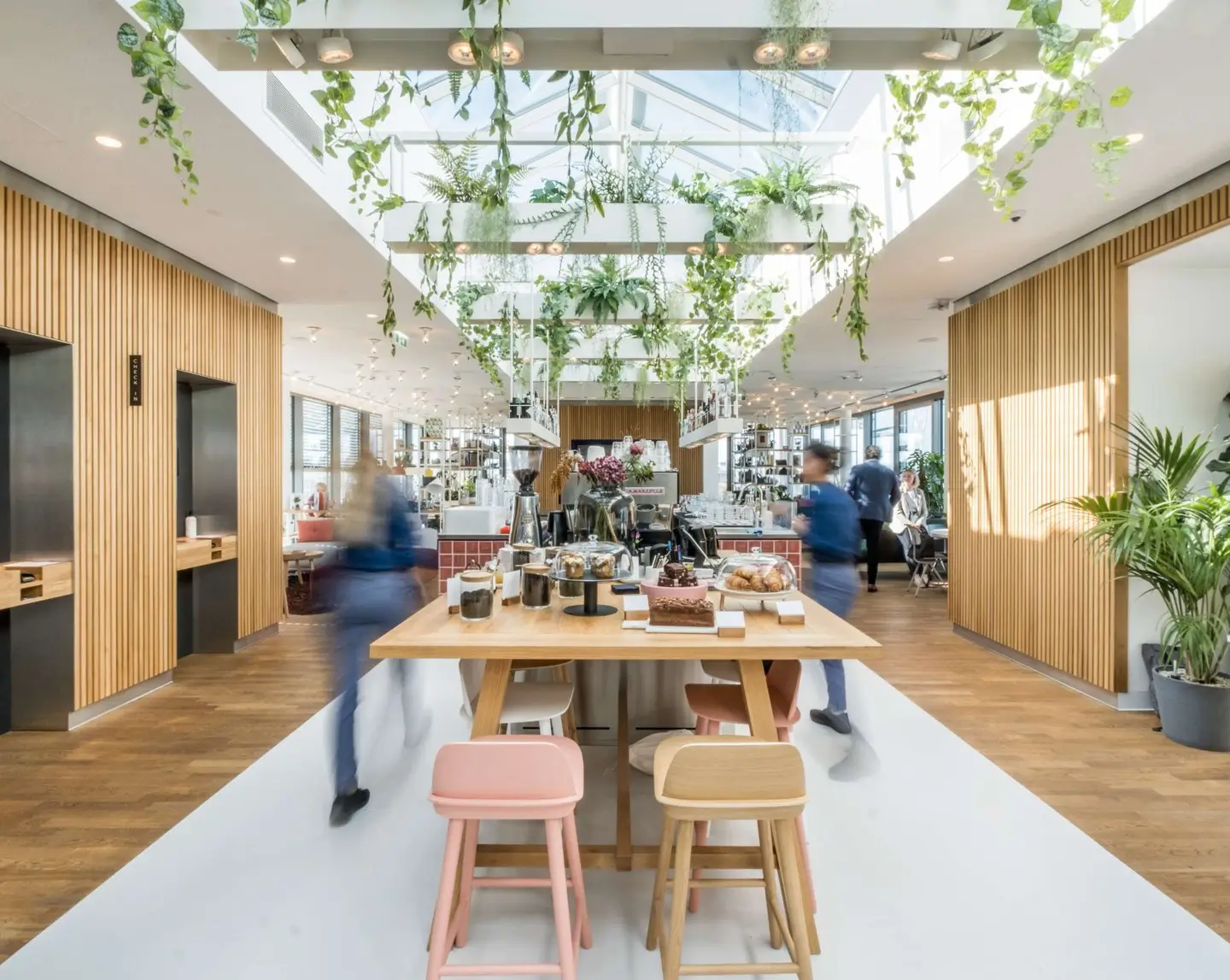8 Revenue Management Trends that Define 2025 & Beyond
As a leader in revenue management consulting, we’re always at the forefront of what is happening in the hotel industry ─ and keeping a close eye on how revenue management trends keep evolving.
In this article, we take you on a deep dive to understand the most important trends in revenue management and highlight which opportunities will help your hotel stay ahead of the game.
Let´s explore the following topics & trends that are shaping the (current) hotel industry landscape:
- Can’t Forget the Basics
- What are the trends in revenue management in 2025
- Distribution: Fishing Where the Fish Are
- Outsourcing
- To AI or Not to AI?
- Ancillary Revenue: Beyond the Room & Rethinking Hotel Space Utilisation
- TRevPAR: A Holistic View of Performance
- The Perfect Tech Stack: Investing Wisely
- Communication & Shared Objectives: Breaking Down Silos
- Data-First Approach: Embracing a Data-Driven Approach
- Our Final Word on Revenue Management Trends
- Q&As: Revenue Management Trends FAQ
Can’t Forget the Basics: Full Grasp of the Revenue Management Basics to Maximise Performance
Before jumping right into the revenue management trends, we always emphasise having a solid understanding of the fundamentals of revenue management. Without a solid grasp of the basics, any revenue management strategy could fall apart, you can easily get lost without any idea which of your actions were successful for your hotel.
While questions like “What are the top trends in revenue management for 2025?” are valuable for staying informed about our industry, it’s essential not to skim over the basics. Revenue management relies heavily on core principles such as data collection and forecasting. These fundamentals have remained largely consistent over time, and a solid understanding of them is crucial before diving into the latest trends and innovations in revenue strategies.
So, in the ever-evolving world of revenue management, the following foundations will always remain essential:
- Data collection: Gathering accurate and comprehensive data is crucial for effective revenue management.
- Forecasting: Using historical data and market trends to predict future demand and optimise pricing accordingly.
- Pricing optimisation: Setting the right prices to maximise revenue while maintaining occupancy.
- Distribution management: Understanding and managing your hotel’s distribution channels is essential to reaching the right guests.
Want to read more about the basics of revenue management? Start with our article “What is Hotel Revenue Management”, the first chapter of our “Free Revenue Management eBook”.
What are the trends in revenue management in 2025 (Beyond)?
1. Distribution: Fishing Where the Fish Are
While there are many initiatives hotels can pursue, it’s essential to focus on the channels and opportunities that (are known to) yield the best returns. This means identifying and testing which opportunities bring the most revenue to your hotel, or have the highest potential to bring in new business. Setting clear expectations and priorities will help guide you through this process and is one of the most important revenue management tips we always advise to elevate your revenue game.
To simplify, let´s give you a simple example:
If your hotel´s website is doing good numbers, great! But try to dive a bit deeper into what´s driving those figures. For instance, if metasearch is one of the main drivers of bookings, make sure that piece of your business doesn´t disappear in the future. And, even better, which exact channel is giving you the reservations? Google Hotel Ads, is known to be a top producer, so ensuring performance is kept consistent on that platform is key.
Finding the right distribution mix is a learning process, and what works today might not work for you tomorrow. So, in summary, make sure you adapt, and keep a close eye on where your business is coming from!
2. Outsourcing
Why hotels should outsource revenue management remains an important topic for hoteliers, as outsourcing can offer hotel owners a strategic advantage by freeing up internal resources, accessing specialised expertise, and driving top and bottom-line growth.
By partnering with an experienced revenue management company, hotels can:
- Reduce Costs: Identify areas for cost optimisation and implement strategies to increase operational efficiency.
- Enhance Revenue Generation: Leverage industry best practices and advanced analytics to uncover hidden revenue opportunities and maximise profitability.
- Focus on Core Competencies: Delegate revenue management tasks to experts, allowing hotel staff to concentrate on areas where they have the greatest impact, such as delivering top-notch guest experience.
- Gain Access to Specialised Skills: Benefit from the expertise of seasoned revenue managers who possess in-depth knowledge of pricing strategies, distribution channels, and market trends.
3. To AI or Not to AI?
Artificial intelligence (AI) and machine learning are a hot trend in revenue management. Mainly the automatisation of tasks, analysing vast amounts of data, and taking care of predictions, are some of the top benefits that AI can assist with.
However, unfortunately, as with many things in revenue management, nothing is a one-size-fits-all solution, and AI cannot fully replace human judgment and expertise.
Here are some important takeaways on this topic:
- Contextual Factors: Revenue management is influenced by numerous factors, including market dynamics, hotel-specific characteristics, and seasonal fluctuations. A cookie-cutter AI model may not be able to account for all these complexities and provide accurate predictions. And, what happens when an unforeseen event happens (think Covid-19)? One thing is certain: the algorithms won’t be happy with that.
- Human Judgment: AI algorithms can process vast amounts of data, but they may struggle to interpret nuances and make decisions that require human judgment and intuition. For example, determining the optimal pricing strategy in a unique market situation often requires a combination of data analysis and expert knowledge.
- Data Quality: AI models rely on high-quality data to produce accurate results. If the data is incomplete, inaccurate, or biased, the AI’s predictions will be unreliable.
Combining AI with Human Expertise can be the answer, and using AI as a tool to support human decision-making, rather than relying solely on AI-generated is the way to go.
4. Ancillary Revenue: Beyond the Room & Rethinking Hotel Space Utilisation

Your property has high occupancy, and your guests are happy and leaving good review scores, but you want to increase the overall revenue of your hotel or resort. This is the moment when you ask yourself “What is next?”
There are 4 different ways to use ancillary revenue opportunities to your hotel started with:
- Create Packages: Selling an experience vs. “just a room”.
- Target a Client Niche Market: Drive revenue by increasing relevance to specific client markets.
- Get ROI from Underutilised Areas: Got an empty space in your hotel? Turn it into a coworking space, a self-service kiosk, an event room—you name it. Every area is a revenue opportunity.
- Creating a Competitive Edge: Want to stand out from the crowd? Offering something unique and different to your guests can help differentiate yourself from the rest of the pack.
Continue reading about Ancillary Revenue in our article “How to Generate Ancillary Revenue in your Hotel“, with all tips fully explained!
5. TRevPAR: A Holistic View of Performance
TRevPAR (Total Revenue Per Available Room) has been a Key Performance Indicator (KPI) for a while now. This important metric considers all revenue streams, not just room rates. It provides a more holistic view of hotel performance and helps identify areas for improvement across different revenue streams. TRevPAR should not be considered just as another trend, but more as a philosophy, where you aim to look at the ‘big picture’ view rather than focusing solely on selling rooms.
Be sure to check out our full article on what the future holds for revenue management (spoiler alert: it is TRevPAR).
6. The Perfect Tech Stack: Investing Wisely
We always like to see technology as an enabler: from having a good PMS, channel manager, CRM, or RMS, any tool can be helpful as long as it aligns with your hotel´s business goals. Carefully evaluate your needs and budget before investing in new technology, ensuring the chosen tools integrate seamlessly with your existing systems.
Don´t let this hold you back from innovation, however, a robust tech stack for revenue management provides a solid framework to enable you to make the best decisions.
7. Communication & Shared Objectives: Breaking Down Silos
One thing we’ll always keep preaching about is increasing the level of communication between departments and breaking existing silos. And for good reason. Cross-communication is key to overcoming persistent bottlenecks—not just in revenue management but throughout your entire hotel organisation.
There are plenty of challenges the hotel industry faces, from solving complex revenue management issues to increasing performance across the board— all of which require stepping away from working with blinders on. This is your sign to start aligning objectives, including your revenue management targets and increasing inter-departmental communication.

8. Data-First Approach: Embracing a Data-Driven Approach
Data is power, and keeping a database of high-quality data stands as a base for good decision-making and strategising.
As hotels create a large amount of data each day, it is important to filter and create a data analytics report with the right information that contributes to the growth in occupancy and
revenue. Whether you get your data from (multiple) sources such as your PMS, POS, reservation management systems, channel manager, booking engine, or other tools, you can gain invaluable insights about customers and their behaviour, such as guest bookings, preferences, revenue statistics, occupancy rates and feedback.
With a structured data collection and analysis process in place, you can make better data-based decisions, increase customer loyalty and satisfaction, and target customers with products and services that better suit them.
Our Final Word on Revenue Management Trends
In conclusion, our revenue management consulting company always recommends staying informed about the latest revenue management trends. It is crucial for hotels to remain competitive and relevant to their target audiences.
To maximise growth, make sure you understand these important trends, evaluate their relevance to your hotel, and experiment with different approaches. By continuously adapting and innovating, you can optimise your strategies and achieve long-term success.
Cheers,
Patrick Landman
PS: Need help with turning your hotel into a revenue-making machine? With our revenue management consulting or by managing your hotel’s operation with our hotel consulting services, we turn your hotel into a market leader.
FAQs: Revenue Management Strategies FAQs
Share This Story, Choose Your Platform!

About the Author:
As CEO and Founder of XOTELS, Patrick Landman has made it his mission to turn hotels and resorts into local market leaders. XOTELS´ diverse expertise and deep-knowledge across revenue management consulting, hotel management, and hotel consulting, enables us to drive results for independent boutique hotels, luxury resorts, and innovative lodging concepts. Below you will find opinion articles written by Patrick Landman.










